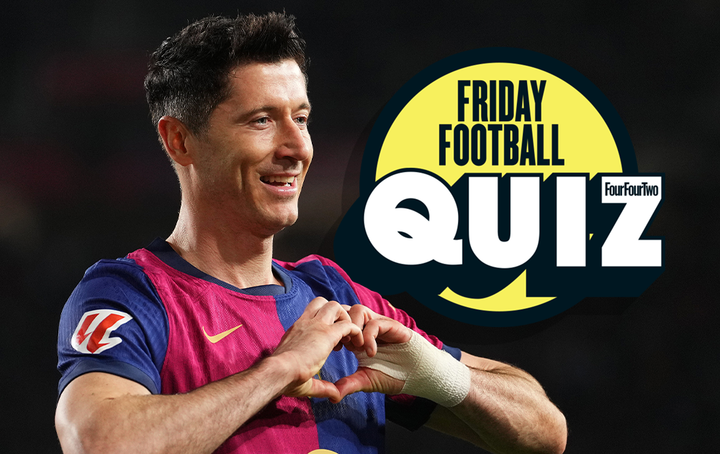Ivory Coast ready to host AFCON 2023: what this tournament can offer African football
AFCON 2023 kicks off in Ivory Coast this month – and though it's a long time and a lot of money in the making, the investments can initiate changes for the host country and its football scene
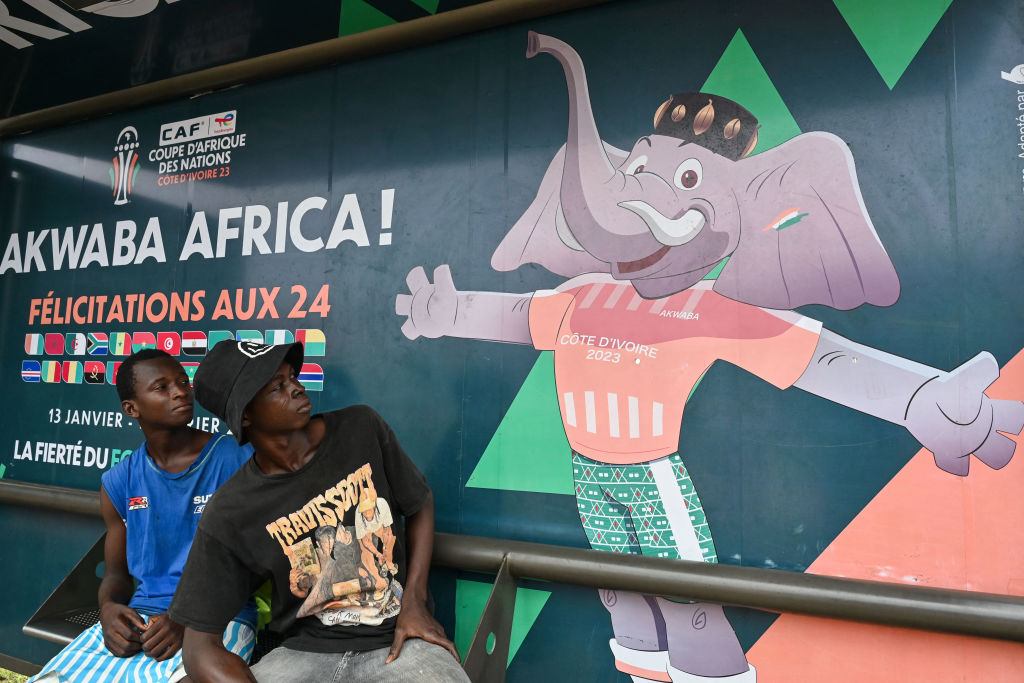
Ivory Coast is about to host the 34th edition of the Africa Cup of Nations (AFCON) – at long, long last.
It's been a while to get here. In 2014 the country was assigned to stage the 2021 edition, but this was eventually given to Cameroon, after a lack of progress in hosting preparations for the 2019 edition.
Ivory Coast were given the 2023 edition instead – and though it was initially pencilled for the summer of 2023 to reduce scheduling conflicts with European teams, it was moved to this winter due to adverse weather concerns for the summer months. The original year is maintained in the official tournament name though. See, Euro 2020.
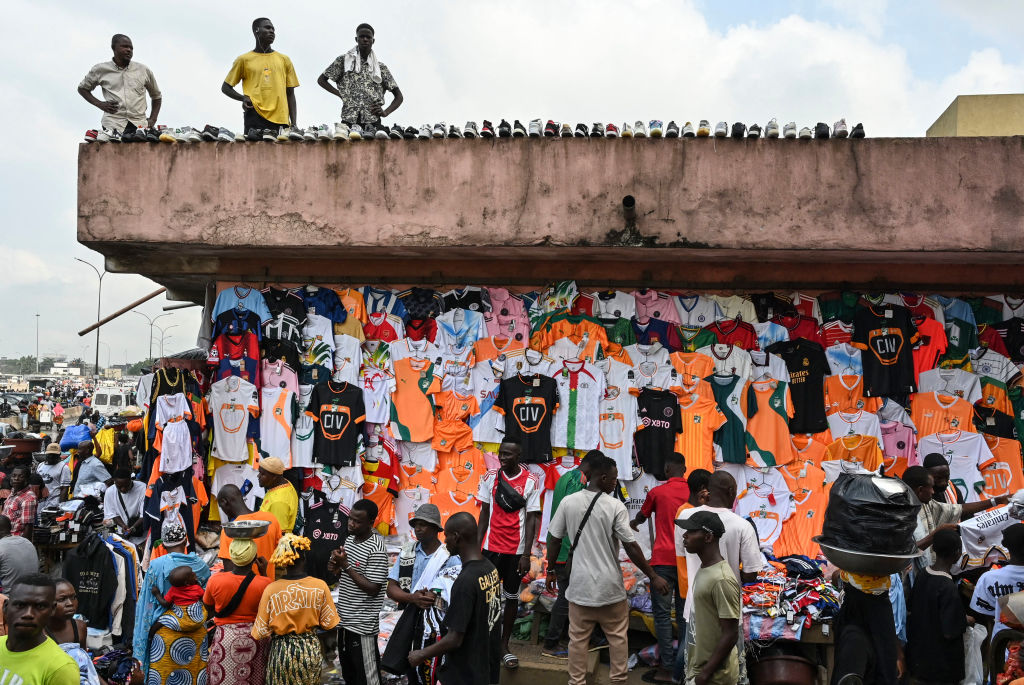
AFCON last came to Ivory Coast in 1984 and hasn't been back since. Back then, only two venues were used for an eight-team tournament. Those two grounds, the Felix Houphouet Boigny Stadium in Abidjan and Stade de Bouaké (now Stade de la Paix), have been renovated and will be host venues again, alongside four newly built grounds.
One remarkable detail is the fact that China has been constructing several grounds, which is a result of the trade collaboration between the two countries. Construction work got delayed by the impact of COVID-19, but everything was completed in time for the tournament.
For the first time during AFCON, VAR will be in use during matches. Everything seems to be ready for the start of the tournament, something which Yacine Idriss Diallo, president of the Ivorian Football Federation, affirms.
“I can say that we're ready. We have the stadiums and we have the infrastructure,” he tells FourFourTwo, and Diallo is grateful for the help from the Ivorian authorities. “The government does everything for the team, for the infrastructure; they do everything for the organization. Our country put in a lot of money. But more than money, we put our heart in this organization.”
Get FourFourTwo Newsletter
The best features, fun and footballing quizzes, straight to your inbox every week.
How much? FFT are nosey…

“I can say that [it is] more than US$1 billion, for the infrastructure, for the football pitches, for the roads, for the hospitals; for everything. So this investment is not only for football, but it's for the country. The roads and hospitals will be used by the people of the country, the stadiums will be used by the football people. And for us, it's a very good thing because our team will have a nice infrastructure to play.”
At the end of the competition, the organisation hopes that the investments made for the infrastructure, the training of human resources and the promotion of the cultural wealth of Ivory Coast will become a catalyst for progress and growth of the local and sub-regional economy. And the tournament can serve a deeper purpose for the country as well.
“Ivory Coast will be the hub of African football now, the hub in West Africa,” says Diallo. “A lot of countries come to play on our fields. So, you see, it's very important for us, for diplomacy and sportive purposes. It's very good for nation-building. You'll see that all the countries are together here and behind the team. And you'll see how passionate we are in Ivory Coast.”
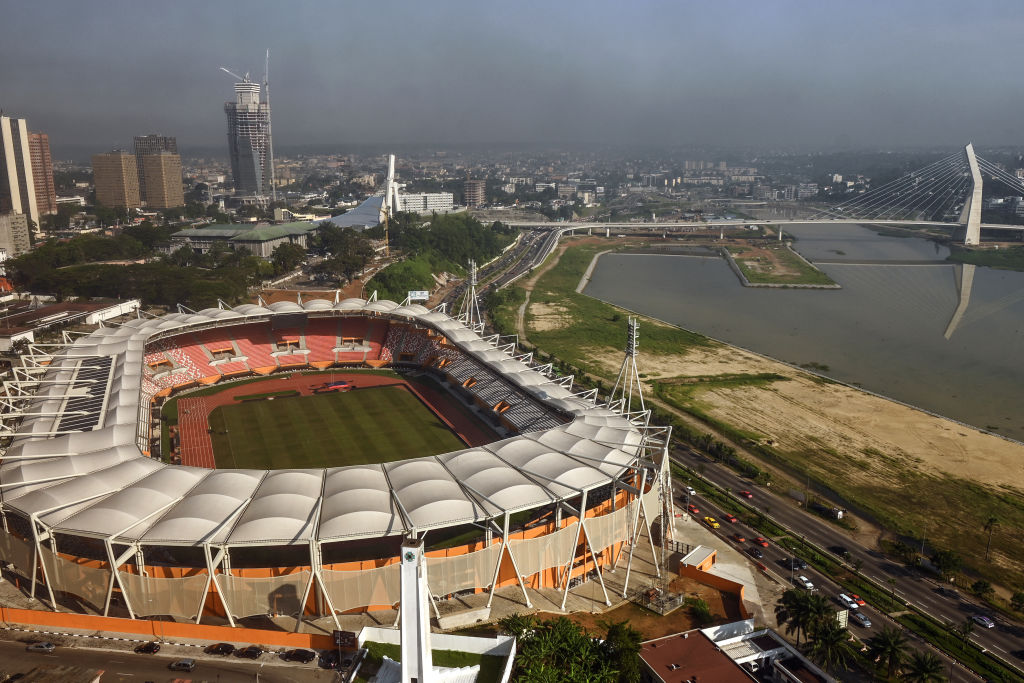
Diallo is hopeful that the stadiums will be full for the group games, also when Ivory Coast is not playing, too.
“In November we organized the CAF Women's Champions League in San-Pedro and Korhogo,” he says now. “When we were supposed to organise this competition, with teams coming from countries like Morocco, South Africa and Ghana, honestly, I was sure that the stadiums would be empty. But at the end of the day, all the games were full. I think people love football and then if they have the opportunity to watch a good game, they will come.
“For this AFCON, we have 10 teams from West Africa, like Mauritania, Senegal, The Gambia, Guinea-Bissau, Guinea, Mali, Burkina Faso, Ghana, Nigeria, and Ivory Coast. All those countries are in and they don't need a visa to travel. And then there are a lot of people of those countries living in Ivory Coast.”
Ivory Coast will be a football hub for the coming weeks, which automatically raises the question whether there will be enough accommodation for fans, something where there has been concerns about. But Diallo thinks visitors will have enough places to stay, partly because of the nature of his country.
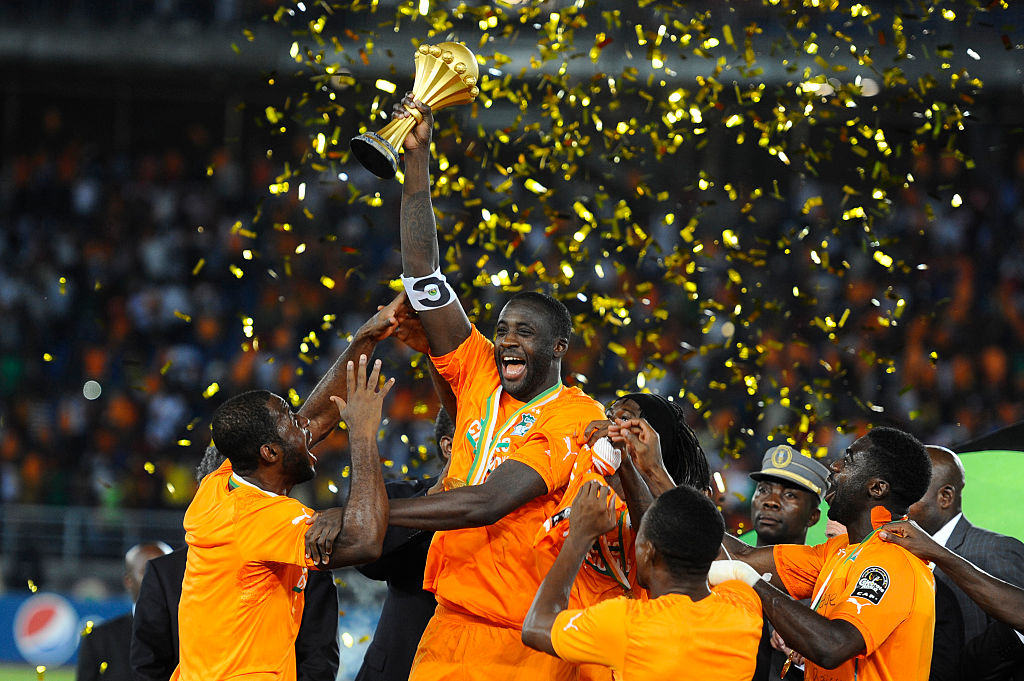
“Ivory Coast is a very open country,” he says. “We are sure that everybody will come from all those countries. And all those people have a lot of family here [in Ivory Coast]. They go to their family. In Africa, when you come, even if there are 10 people in the same room, you are most welcome! [laughs] So they just take the road, come to the family and watch the game.”
Les Elephants will hope that the success behind the scenes extends to the pitch, as the host nation look to win their third title and a first since 2015. It's a great opportunity for a nation who haven't been to the World Cup for 10 years this year, after all.
“All of those guys [of the 1992 and 2015 AFCON wins], we invite them and if they are with us, they can give advice to the young players [of the current Ivory Coast team],” Diallo suggests. “So we hope that everybody will unite behind the team to push them as far as possible.”
More on AFCON 2023
AFCON 2023 is about to kick off – here's everything you need to know about the tournament.
Liverpool could move for wonderkid winger as Mohamed Salah cover during AFCON: report
AFCON 2023: Will Pape Matar Sarr be available for Senegal? Injury update on Tottenham midfielder
Arthur Renard has been writing for FourFourTwo since 2013, when Ronald Koeman hosted him for a Readers interview in a small room in stadium De Kuip. Two years later Arthur moved to London, where he still lives and from where he covers English football, while he has also been travelling the world to cover events like the World Cup and Copa America.
